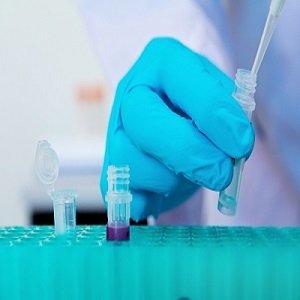
It is not possible to do early diagnosis and preventative treatment for leprosy
Singapore: Scientists from A*STAR's Genome Institute of Singapore (GIS) and Shandong Academy of Medical Sciences have discovered six new genes that influence the risk of contracting leprosy. The discovery brings the total number of known genes linked to leprosy to 16 and helps to advance the development of genetic screening for highly susceptible individuals to the disease.
Human genes come in pairs and an individual can theoretically carry 32 copies of the detrimental genes from the 16 known to increase the risk of contracting leprosy. The scientists found that if a person carries one detrimental gene for leprosy, the risk of developing leprosy increases by 20 to 50 percent. For those who carry 20 or more detrimental genes (about 10 percent of the population), they face eight times more risk of contracting leprosy as compared to people carrying 12 or less detrimental genes (about 12 percent of population).
The ability to predict one's risk of contracting leprosy can help guide decisions made by public healthcare policymakers when drafting preventative measures for high-risk medical staff working in close contact with leprosy patients. The possibility of developing a genetic test to screen for high-risk individuals to leprosy can also prevent disease spread through early detection. Individuals who are infected with leprosy may not be aware of their condition and unconsciously spread the disease to others, as symptoms of leprosy do not usually appear till after five to 20 years from the initial infection.
The scientists believe the study can also contribute to understanding the biology of autoimmune and inflammatory diseases. They found the same genes linked to leprosy susceptibility also affect the level of aggression expressed by the immune system observed in autoimmune and inflammatory diseases. A person with an overly-aggressive immune system may have a good defence against infection, but stands a higher risk of developing autoimmune diseases where one's own white blood cells attack healthy cells that can lead to death in severe cases.
"Although commonly viewed as a medieval affliction, leprosy remains a major health problem in developing countries, claiming over 200,000 new patients worldwide annually with two to three million people permanently disabled," said Prof. Jianjun Liu, deputy director-research programmes, GIS and senior author of the study. "With the discovery of more gene variants that affect the risk of developing leprosy, we can develop better diagnostic, treatment and preventive strategies to one day eradicate leprosy permanently."
Prof. Furen Zhang, co-senior author and research director at Shandong Provincial Institute of Dermatology and Venereology, Shandong Academy of Medical Sciences said, "Currently, it is not possible to do early diagnosis and preventative treatment for leprosy. Our findings will help to make it happen".




